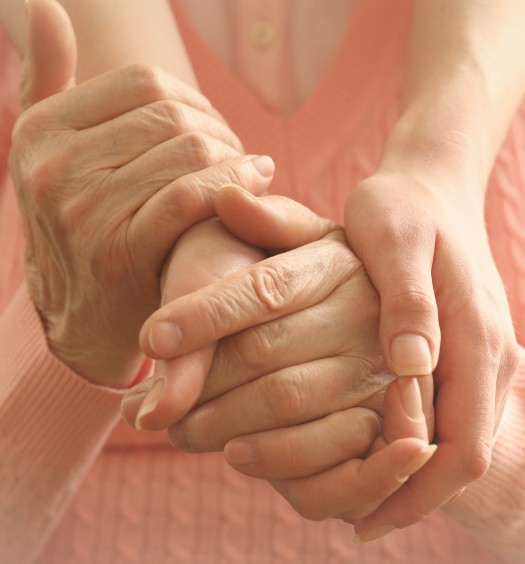Pastor Nancy Butler died shortly after she decided to stop using her feeding tube and ventilator. Amyotrophic lateral sclerosis (ALS) had changed her life dramatically over the last several years.
Most people would find it understandable that after a particularly miserable day and night, she would type to her husband on her communication device, “I’m done. I can’t do this anymore.”
It is not my purpose to stand in judgment over Pastor Butler’s decision. Nevertheless, I feel compelled to raise some concerns about what may have prompted her decision, as well as its impact. As someone with a progressive disability, who has used a feeding tube for almost 20 years and may well have a ventilator in my future, I think I have the standing to voice these concerns.
First, to what extent were Pastor Butler’s actions influenced by feelings of being a burden? In her final letter to her congregation, she wrote, “I knew my suffering would reach this tipping point and caring for me would become impossibly demanding.”
It is typical for disabled people to feel that the support we require puts an undue strain on the people around us. This can easily lead to the conclusion that our loved ones would be better off without us.
Consider the statistics for Oregon’s assisted suicide program. Prescribing physicians consistently report that 40-48% of patients participating in the program feel like a burden on their families and friends.
Inequality in suicide prevention is becoming a recognized problem, even among people with life-threatening conditions. When those without disabilities express despair, they receive suicide prevention; but when people with disabilities say they simply cannot go on, they get nods of agreement. Connecticut is the first state to formally recognize this dichotomy, including it in its Suicide Prevention Plan 2020 (pages 43-44).
Second, to what extent did Pastor Butler’s decision come from feelings around loss of control of her body? She wrote of her sadness in switching from a Sure Hands lift to a device using a sling. She described sitting in the sling as “the usual uncomfortable slump, head hanging down, wrists tied up with scarves.”
Her distress resonates with me. My body doesn’t work either, and it is a definite struggle to balance, wedge, and prop my trunk, head, and arms. It helps to know that others experience the same things, and that none of this is undignified or without purpose.
I have also been thinking about Pastor Butler’s miserable day and night. I am sorry she went through that. It causes me to remember some miserable days and nights in my own life, most notably when I was 14 years old and spent three weeks intubated in the ICU. My recovery was doubtful. That was 40 years ago.
In “Comfort Care As Denial of Personhood,” Bill Peace writes of his own miserable time with a horribly infected bedsore. He was offered palliative care instead of treatment but he refused, and today he is alive and fighting.
Most people do not know when it is their time to die. There can be some miserable times before that happens, but often people pull through and things get better until the next challenge. Would it have helped Pastor Butler if she had felt the support of other people in similar situations?
Finally, by all accounts, Pastor Butler was a remarkable and charismatic leader, a role model to all who knew her. She accepted her disability with grace and faith.
Unfortunately, in a society where people are already afraid of becoming disabled, especially severely disabled, her public embrace of her death is likely to influence others to do the same. Proponents of assisted suicide are already using her decision to promote their cause. I fear that some people, even without life-threatening illnesses, may follow her lead. Nobody wants to suffer.
As John Donne wrote, “No man is an island … any man’s death diminishes me.” Every person’s decisions impact the decisions of countless others. Whatever we do, our actions will affect our families, our friends, our communities, and ultimately our larger society.
Cathy Ludlum is one of the leaders of Second Thoughts Connecticut, a disability advocacy organization opposed to the legalization of assisted suicide.
















